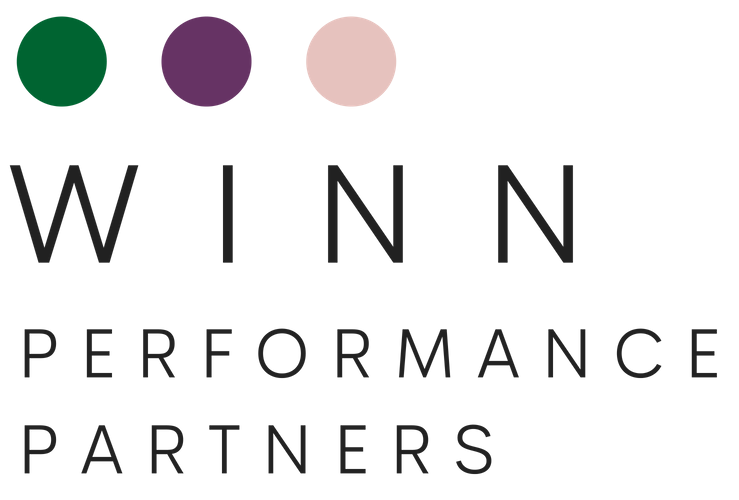Affordable, scalable and customized to your organization. Group coaching up-levels the skills of an entire cohort and builds collaborative relationships in the process. Ideal for emerging leaders and high potential employees.
Build a Strong Bench
Building a strong bench takes more than a one-day workshop, and one-on-one coaching isn’t economically feasible for junior leaders. Group coaching allows you to frontload your high potential employees with the learning, skills, and leadership mindset they’ll need to succeed as a leader in your organization.
Accelerates learning through a blend of training and coaching
Builds camaraderie as participants develop strong, supportive bonds with each other
Reduces silos by fostering cross-pollination of skills and knowledge
Improves retention of high potential employees
Is more scalable and cost-effective than individual coaching
There are typically six participants in each group coaching cohort. The small size is optimal for maximizing shared learning while still maintaining the intimate, conversational, and action-oriented dynamics of coaching. Participants are continually challenged to try out new ways of thinking and acting, and to integrate the learning into their day-to-day lives. Behaviors and mindsets shift over time as the group engages in rich, thought-provoking discussions and role plays, with participants becoming valued peer coaches for each other in the process.
Programs are 10-12 months long, with group meetings held monthly for three to four hours, depending on the topic covered. The final group meeting is a celebratory luncheon where participants share their key learnings and take-aways from the program with their managers and the senior leadership sponsors. In addition to the group meetings, there are several one-on-one coaching sessions with each participant to address deeper questions or personal challenges.
The group sessions cover a variety of topics based on the specific needs of that group and organization. Sample topics include:
Building effective teams & being an effective team player
Difficult conversations: how to anticipate, plan for and follow-through
Influencing and leading without authority
Self-management: time & priorities
Communicating effectively to different audiences
Building personal resilience
Participants routinely report that this program not only helps significantly develop their leadership skills, but also helps them develop strong, supportive bonds with their cohort colleagues.
“State of the art assessment tools gave each participant insight into how others perceived them as leaders, and then strategies to change negative or neutral perceptions into positive perceptions. The feedback from the participants was very positive and I’m already starting to see changes in some behaviors of the participants. ”

